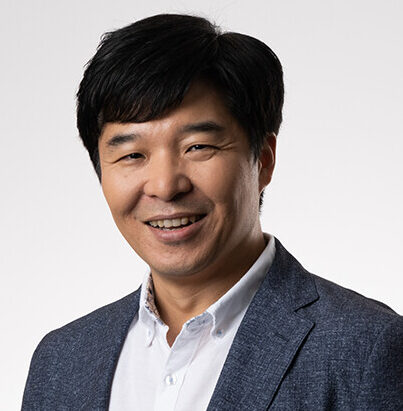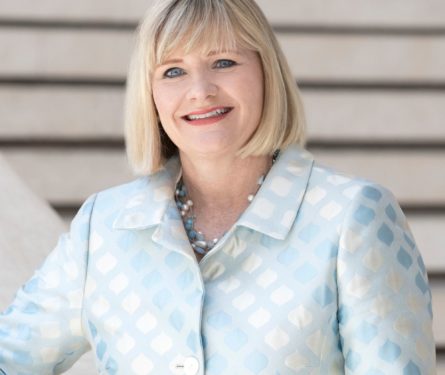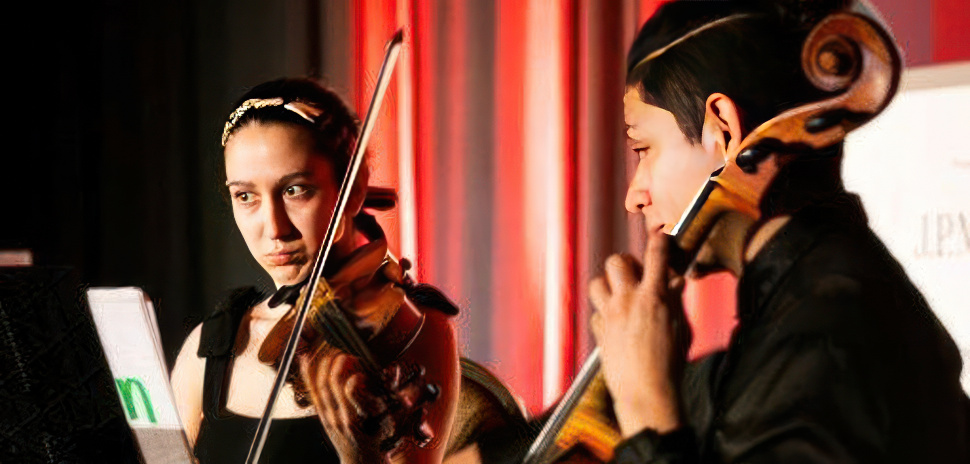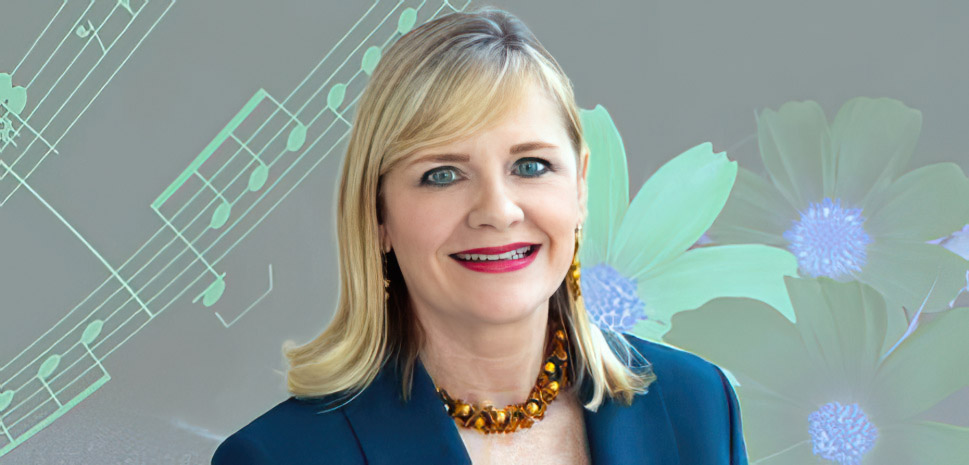How does musical training impact the brain development of school-age children?

UTD’s Yune Lee
That’s something the Dallas Symphony Orchestra and the Speech, Language and Music (SLAM) Lab at UT Dallas hope to better understand after announcing a new study to investigate that impact.
The study was launched this month and will be led by Yune S. Lee, Ph.D., co-investigator Mandy Maguire, Ph.D., doctoral student Carole Leung, and other colleagues in the SLAM Lab.
“The goal of the study is to quantify the positive impact of rigorous (7.5 hours per week) musical training program on school-aged children,” Lee said in a statement. “In particular, we’re interested in the changes in brain, cognitive, language and emotional development, which is manifested as improved academic and social outcomes.”
The study will use Electroencephalography (EEG) data to explore the brain plasticity promoted by regular music engagement, the investigators said.
Music engagement’s impact on children’s academic and social skills
The research team said they will test the hypothesis that regular music engagement can enhance three key things: language and literacy skills; general intelligence and executive function; and prosocial skill/school connectedness.
The study will involve 50 children from the DSO’s Kim Noltemy Young Musicians program who have volunteered for the study. They’ll take part in a yearlong assessment that will involve three EEG sessions, along with cognitive, language, and music tasks and socio-emotional questionnaires.

DSO’s Kim Noltemy
DSO said that half of the children will begin the year with visual art classes and will transition to music studies in January. The other students will participate in music throughout the entirety of the study.
At the end of the school year, Lee and his team will report the findings and determine the next steps for their work, the investigators said.
“We’re thrilled to partner with our colleagues at UT Dallas to show the impact that music has on the brain,” Kim Noltemy, Ross Perot President & CEO of the Dallas Symphony Orchestra, said in a statement. “We see the evidence every day in our current students and alumni of our education programs, and it will be fascinating to see a scientific demonstration of that impact.”
Lee said that the study will add to existing work in the area.
“There is a growing body of evidence demonstrating the positive effects of music on the human mind and body across all ages. It is particularly important, to offer music training to children as their brain is going through critical developments,” Lee said.
“Existing studies often suffer from logistical challenges such as small sample size, insufficient musical training (e.g., 1-2 hrs/week) and lack of an active control group,” Lee added. “Here in Dallas, we can overcome those logistic obstacles through the already existing Young Musicians program at the DSO and hopefully share that the impact of music on children is consequential and that those skills can last forever.”
Pairing UTD’s rigorous research with DSO’s reach in the community
UT Dallas has more than 31,000 students across seven schools, which 146 academic programs. The university also offers professional certificates and fast-track programs. A Carnegie R1 doctoral institution of very high research activity, it offers top-ranked programs in STEM, management, liberal arts, and social sciences majors.
Under the leadership of Music Director Fabio Luisi, The Dallas Symphony Orchestra presents more than 150 orchestra concerts at the Morton H. Meyerson Symphony Center, one of the world’s top-rated concert halls.
The orchestra reaches hundreds of thousands of adults and children annually through performances, educational programs, and community outreach initiatives. It offers more than 200 concerts in neighborhoods throughout Dallas yearly, as well as music lessons to more than 900 students as part of its Young Strings and Kim Noltemy Young Musicians programs.
The DSO’s tradition dates to 1900 and the organization is a cornerstone of the 118-acre Arts District in Downtown Dallas that is home to multiple performing arts venues, museums, and parks—the largest district of its kind in the nation. The DSO is partly supported by funds from the Office of Arts & Culture, city of Dallas.
![]()
Get on the list.
Dallas Innovates, every day.
Sign up to keep your eye on what’s new and next in Dallas-Fort Worth, every day.




























